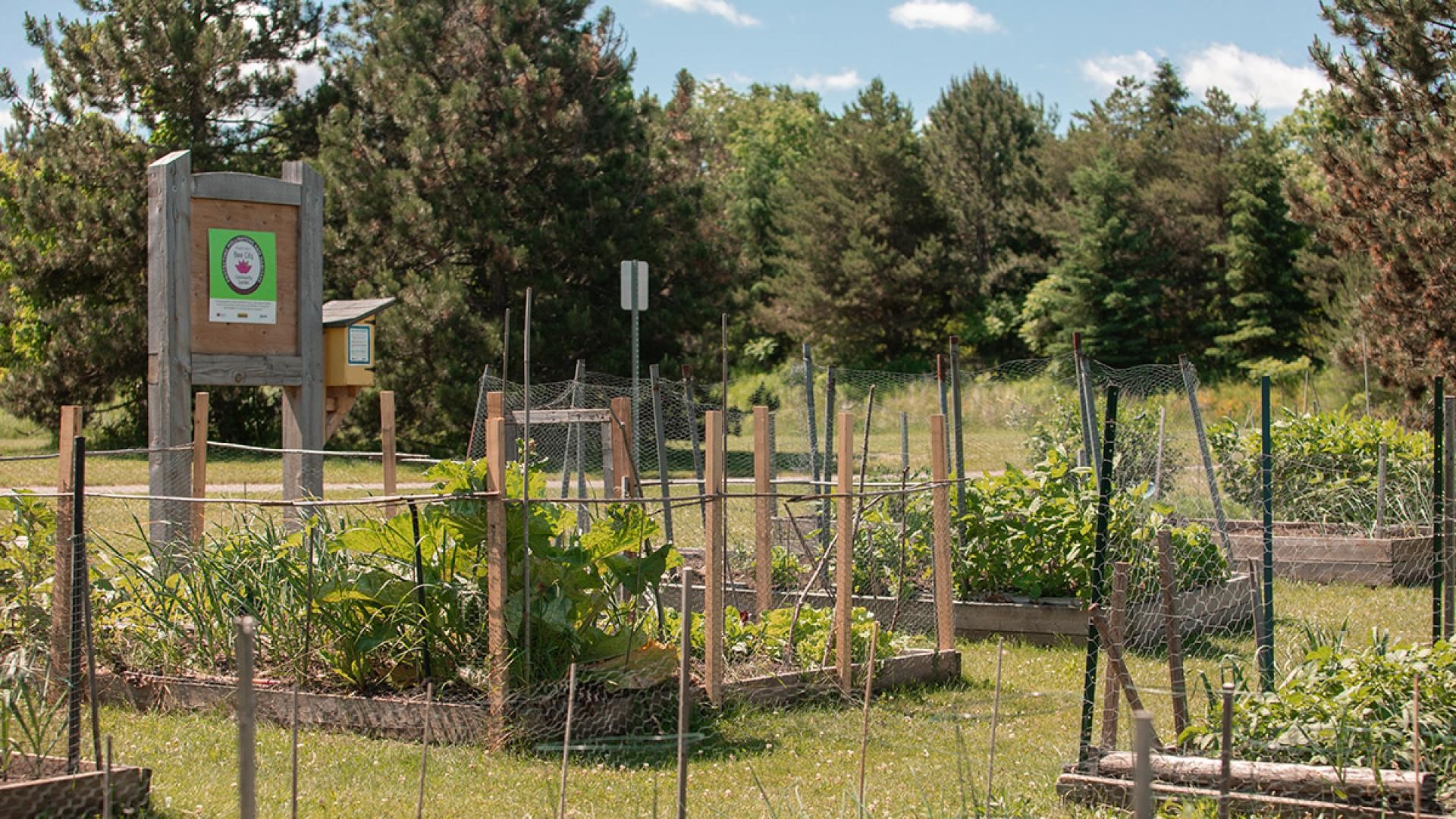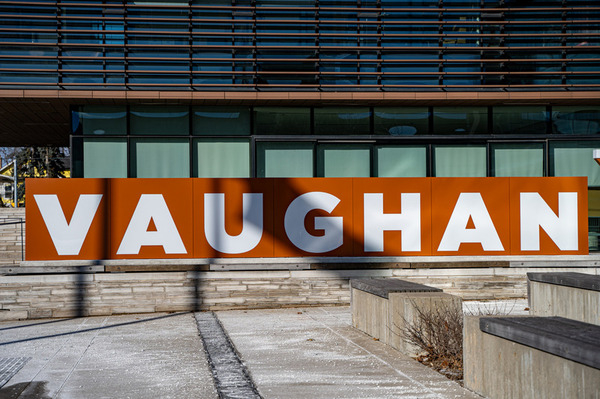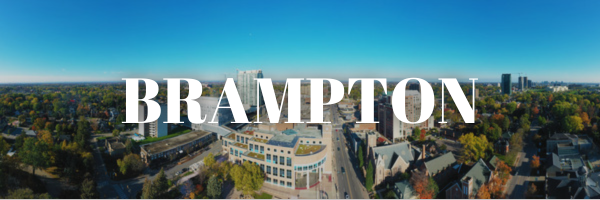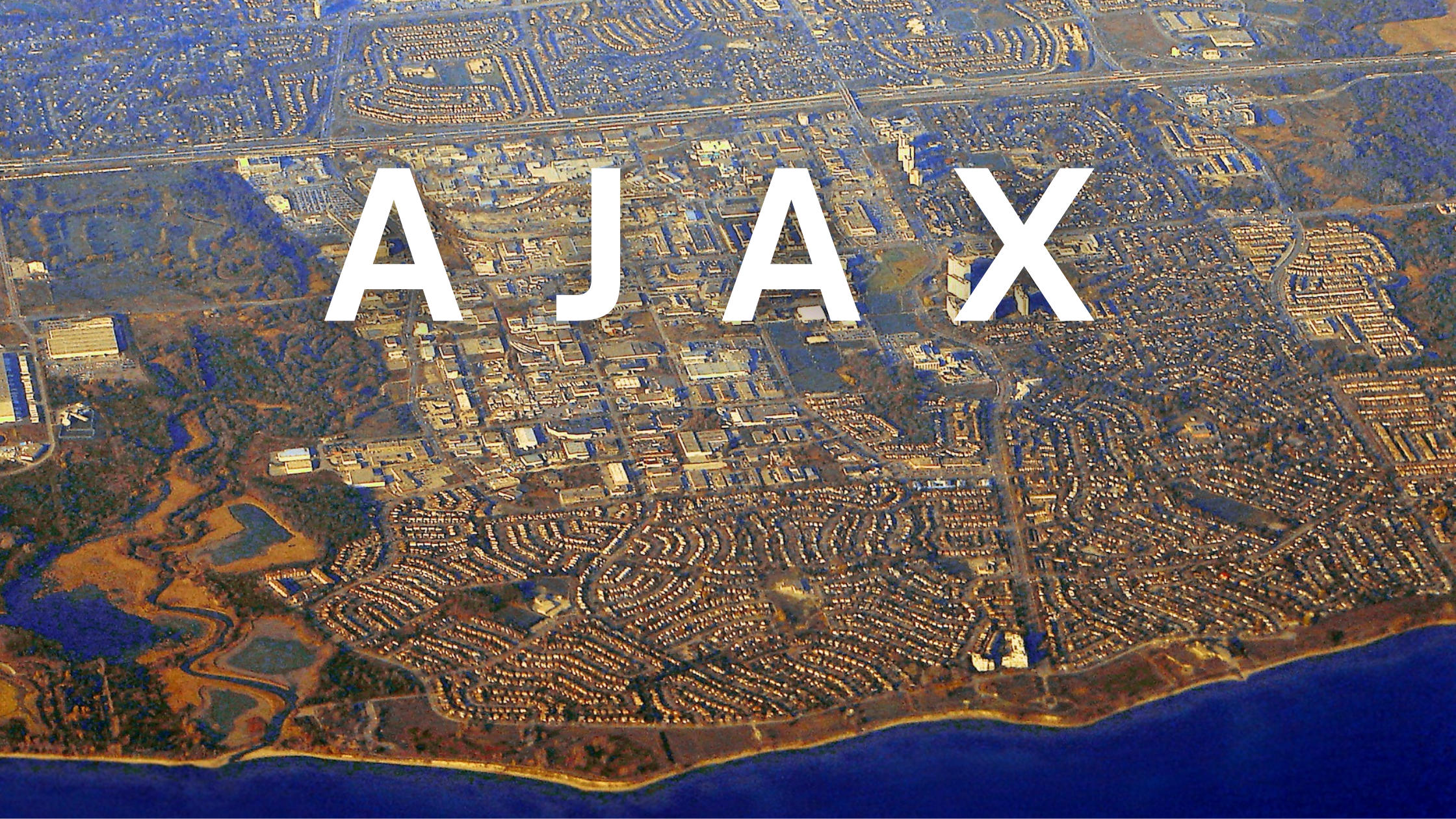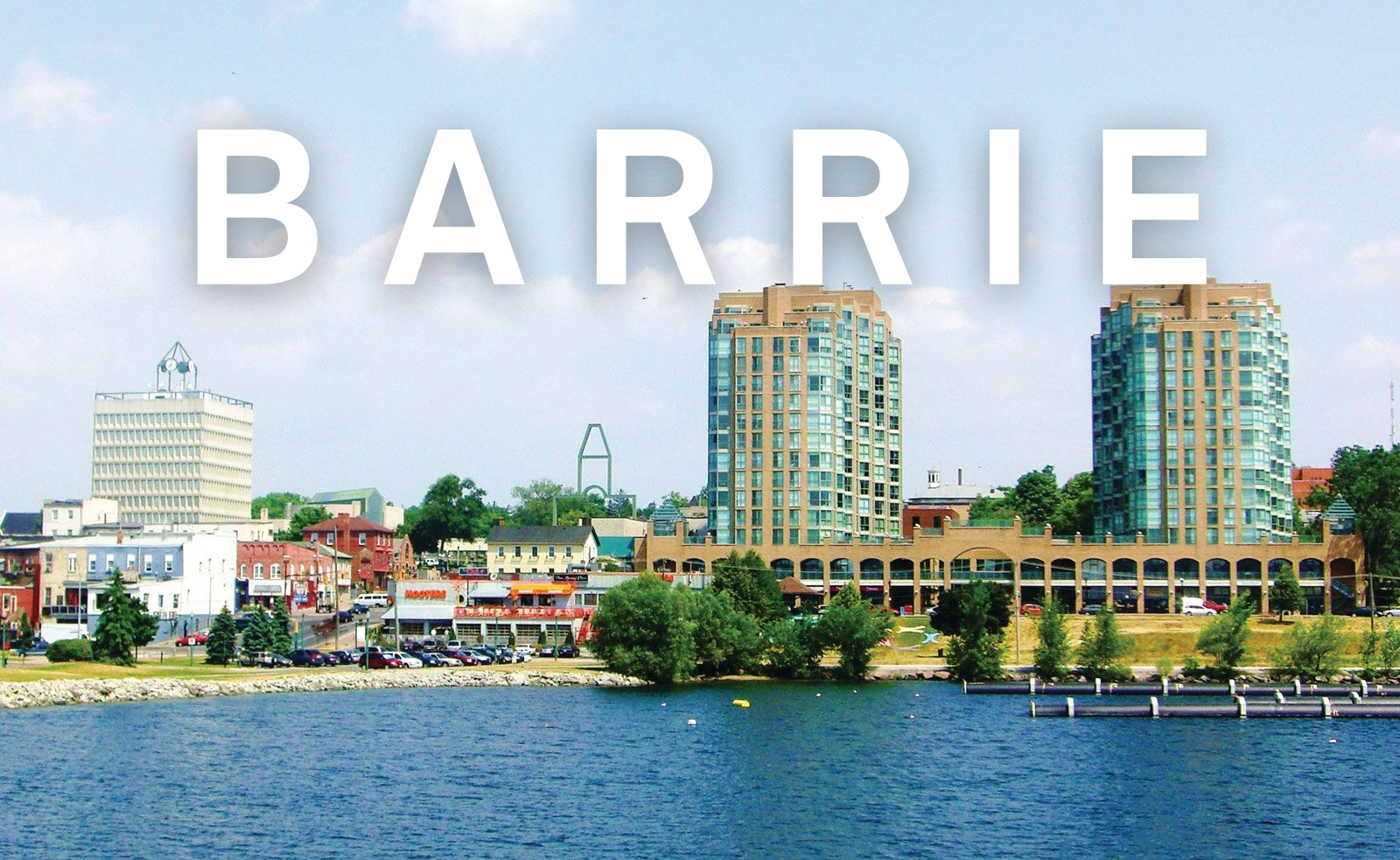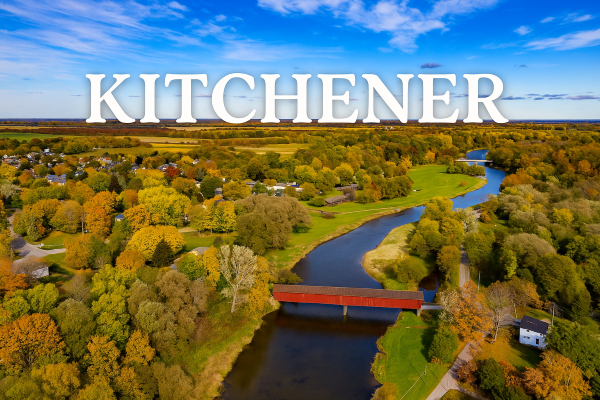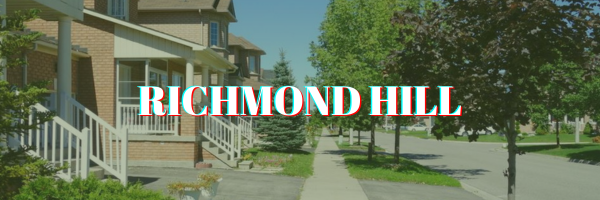
Moving to Richmond Hill, Ontario – Your Complete Local Relocation Guide
Thinking about moving to Richmond Hill? Discover everything you need to know—neighbourhoods, cost of living, schools, safety, and expert
So, you’re thinking of making the move to Richmond Hill? You’re not alone—and you’ve got good taste. Whether it’s the proximity to Toronto, the top-tier schools, or the charm of
Lake Wilcox that’s caught your eye, this city has a magnetic pull.
In this complete guide, we’ll walk you through everything you need to know—from Richmond Hill’s quiet beginnings as a farming village to the modern, multicultural hub it is today. You’ll get a realistic snapshot: the highlights of what makes living here great, the realities you’ll want to prepare for, and answers to common questions newcomers often ask. It’s your relocation cheat sheet, minus the fluff. By the end, you’ll know whether Richmond Hill could be called your next home. Let’s find out together!
Table of Content
- Richmond Hill, Ontario – A History to Look At
- The Benefits of Living in Richmond Hill
- The Drawbacks to Consider Before Moving
- Common Questions to Ask About Living in Richmond Hill (FAQ)
- Takeoff Moving Can Help Your Move to Richmond Hill
Richmond Hill, Ontario – A History to Look At

Picture Credit: iStock
Richmond Hill is a city in south-central York Region, Ontario, and forms part of the Greater Toronto Area. It is the third most populated city in York Region and ranks 27th nationally in population, according to Wikipedia. As a result, the city has steadily evolved from a modest agricultural settlement into one of Ontario’s most desirable suburban communities. Today, Richmond Hill blends modern urban amenities with natural charm, making it a sought-after destination for families and professionals alike.
Historically being a quiet farming village in the 1800s, it has since transformed into a vibrant community of over 200,000 residents, as noted by The Canadian Encyclopedia. Its name reflects its topography—situated on the Oak Ridges Moraine, the area offers gently rolling landscapes, elevated views, and an abundance of green space. The Oak Ridges Moraine plays a central role in shaping the city’s natural environment. One of its most prominent features is Lake Wilcox, a popular recreational destination surrounded by forest and trails. This ecological setting contributes to the community’s appeal, especially for families and nature enthusiasts.
Richmond Hill’s climate is typical of Southern Ontario, with cold, snowy winters and warm, humid summers. The transitional seasons—spring and fall—offer colorful foliage and mild temperatures, making outdoor activities particularly enjoyable during those times of year. Today, Richmond Hill is known for its excellent schools, low crime rates, multicultural population, and expanding business sectors such as tech and healthcare. Its reputation as a desirable place to live continues to grow as more people seek a balance between city convenience and suburban comfort.
The Benefits of Living in Richmond Hill

Picture Credit: iStock
Safety and Community Environment
Richmond Hill consistently ranks as one of the safest cities in the Greater Toronto Area, with overall crime rates estimated at 2,358 incidents per 100,000 people—well below both the provincial and national averages. Moreover, violent crime is notably lower, contributing to the city’s reputation as a secure and welcoming place to live. These numbers align with broader assessments that Richmond Hill’s crime rate is approximately 44% lower than the Canadian average. The city also supports safety through active neighborhood programs, clean and well-kept public areas, and thoughtful urban planning that prioritizes walkability and community presence.
Excellent Schools and Community Services
Education is a strong pillar of life in Richmond Hill. The city is served by two major school boards: the York Region District School Board and the York Catholic District School Board. Both boards operate high-performing schools throughout the city, with well-known institutions like Bayview Secondary School and St. Theresa of Lisieux consistently recognized for academic achievement.
Although Richmond Hill does not have its own university or college campus, it still offers convenient access to major post-secondary institutions across the GTA. Nearby options include York University, Seneca College, and other satellite campuses easily reached by car or public transit. For adult learners and newcomers, continuing education and skill development programs are available within York Region, making it easy to stay on track with academic or career goals. Beyond academics, community services are a major advantage. The city offers a strong network of libraries like Richmond Hill Central Library, recreation centers, sports programs, and youth development initiatives—providing residents of all ages with meaningful opportunities to grow and connect.
Access to Toronto Without the Hustle
The city’s location provides convenient access to Toronto via Highway 404 and GO Transit. While Richmond Hill maintains more relaxed lifestyle, its infrastructure allows residents to commute efficiently to downtown Toronto for work, education, or leisure, while returning to a quieter, more relaxed home environment.
Outdoor Parks, Culture, and Diverse Food
Richmond Hill is home to more than 165 parks, including Mill Pond Park, Richmond Green Sports Centre, and the David Dunlap Observatory. Beyond the parks, the city actively celebrates its diversity and culture through a lively calendar of events. Annual highlights include Canada Day celebrations, Culture Days, Concerts in the Park, Doors Open Richmond Hill, Ribfest, and Tastes of the Hill—each offering a vibrant mix of music, food, and community spirit. The city’s culinary landscape is equally rich, shaped by the diverse backgrounds of its residents. From Persian kebab houses and Chinese dim sum spots to Italian bakeries and Eastern European markets, Richmond Hill offers something for every palate. Dining here is not just about eating—it’s about experiencing the flavors and stories that make the city unique.
Career Opportunities
Richmond Hill’s local economy is supported by industries such as technology, finance, education, and healthcare. Employers like Compugen, OpenText, and Mackenzie Health provide strong career prospects for professionals. Many residents also commute to neighboring cities like Toronto or Markham for additional employment opportunities.
The Drawbacks to Consider Before Moving
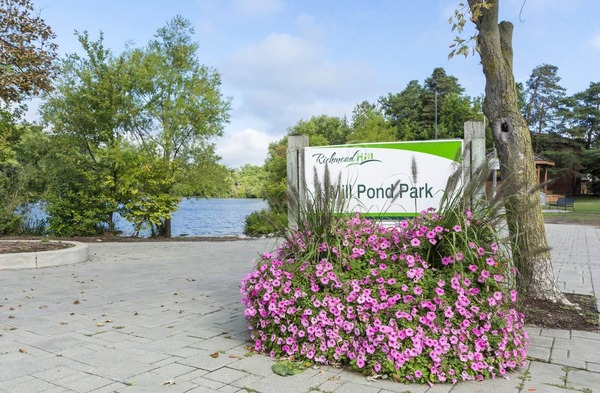
Picture Credit: iStock
High Cost of Living
The cost of living in Richmond Hill is higher than the provincial average, with housing being the most significant expense. On a broader scale, the average cost of living in Richmond Hill is estimated at $2,447 per month, placing it among the top 9% of the most expensive cities globally. It ranks 868th out of over 9,000 cities worldwide, 5th in Canada, and 2nd in Ontario. For those seeking affordability, this may present a challenge. Here’s a detailed look at some numbers for better understanding:
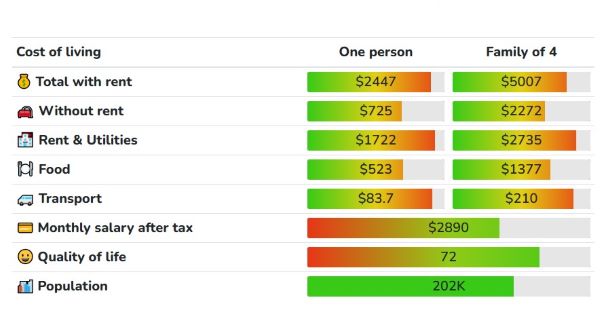
Picture Credit: Livingcost.org
Traffic and Commuting Challenges
Like many growing cities, Richmond Hill experiences traffic congestion during peak commuting hours, particularly along major routes such as Yonge Street, Bayview Avenue, and Highway 404. While public transit options are available and improving, most residents rely on private vehicles, making transportation planning essential.
Limited Nightlife Compared to Toronto
Richmond Hill offers a selection of restaurants and local pubs but lacks the vibrant nightlife scene found in downtown Toronto. Entertainment options are generally quieter and more family-oriented, with residents often travelling to Toronto for major concerts, clubs, or cultural events.
Common Questions to Ask About Living in Richmond Hill (FAQ)
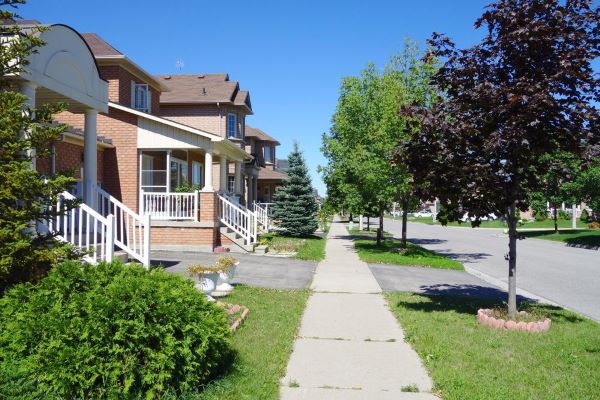
Picture Credit: iStock
A. Is Richmond Hill a good place to live for families?
Yes. The city offers excellent schools, low crime rates, and a wide range of services and amenities for families.
B. How expensive is it to live in Richmond Hill?
Richmond Hill consistently ranks among the more expensive cities in Ontario. The average cost of living is estimated at $2,447 per month, placing it in the top 9% of the most expensive cities globally. Housing is the largest expense, but residents should also budget for higher-than-average costs in childcare, groceries, transportation, and services.
C. What are the best neighborhoods in Richmond Hill?
Neighborhoods such as Bayview Hill, Oak Ridges, Mill Pond, and Jefferson are known for being welcoming, convenient, and great for families.
D. How far is Richmond Hill from Toronto?
Richmond Hill is approximately 30–45 minutes by car from downtown Toronto, and about 40 minutes by GO Train.
E. Is Richmond Hill safe?
Yes. It is one of the safest municipalities in the GTA, with effective community policing and strong civic engagement.
F. What kind of weather should I expect?
Richmond Hill experiences four distinct seasons. Winters are cold and snowy, so warm clothing and winter driving preparation are essential. Summers are warm and humid, ideal for outdoor events and festivals. Spring and fall are milder and often considered the most beautiful times of year, with colorful foliage and pleasant temperatures.
Takeoff Moving Can Help Your Move to Richmond Hill
Looking for a trusted moving company in Richmond Hill? You’re in the right place. Moving to Richmond Hill is indeed a fresh chapter—filled with new possibilities, better schools, and a family-friendly community. But getting there shouldn’t be stressful. That’s where Takeoff Moving Company steps in. We know Richmond Hill inside and out—its streets, neighborhoods, school zones, and how to plan a smooth move no matter the season. Whether you’re upsizing, downsizing, or moving in from another part of the GTA, we’re here to make your transition seamless. Our professional team handles everything from packing and secure transportation to unloading at your new doorstep. We bring care, precision, and years of experience to every move—and always with a local touch.
Give us a call at (647) 250-0636 or email info@takeoff-moving.com to get started.























